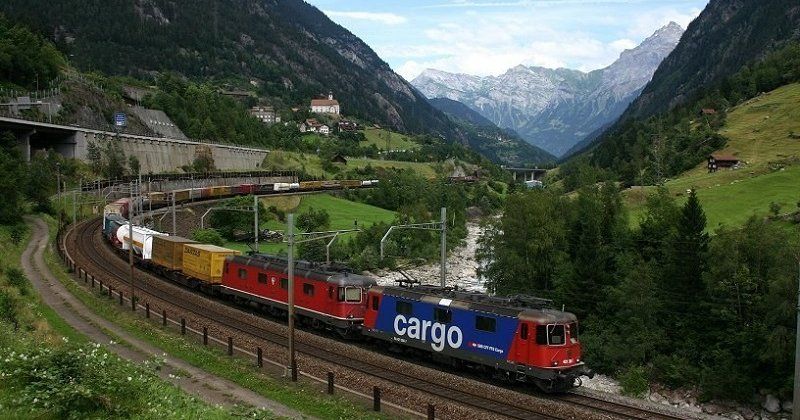International transport organizations play an important role in trade facilitation, as they represent their members in negotiations on this matter.
According to the United Nations Economic Commission for Europe, the main international transport organizations for trade facilitation are the following:
FIATA
The International Federation of Freight Forwarders Associations represents the freight forwarding industry, and is an organization made up of around 40,000 logistics companies and freight forwarders, employing around 8-10 million people in 150 countries.
FIATA developed a series of standard documents and their electronic equivalents for use by freight forwarders around the world:
- Freight Forwarder Receipt Certificate.
- Freight Forwarder Transportation Certificate.
- FIATA Warehouse Certificate.
- Negotiable Bill of Lading for FIATA Multimodal Transport.
- Non-negotiable FIATA Multimodal Transport Document.
- Shipper’s Declaration for the Transport of Dangerous Goods.
- Shipper’s Intermodal Weight Certificate.
- Shipping instructions.
IATA
Another of the international transport organizations is the International Air Transport Association, a non-governmental organization that represents the airline industry and whose members cover some 240 airlines that make up 84% of total air traffic.
IATA provides a standard approach to cargo facilitation to comply with government regulations that require the submission of cargo information.
In addition, IATA developed Dangerous Goods Regulations (DGR) to prepare and document dangerous shipments.
The IATA Live Animals Regulations (LAR) is a standard for the transport of live animals.
The Convention on International Trade in Endangered Species (CITES) recommends in its Resolution for the Transport of Live Specimens (Conf. 10.21) that all parties involved in the preparation and transport of live animal specimens follow the instructions provided by LARs and incorporate them into your national legislation.
The IATA Perishable Cargo Regulations (PCR) is a reference guide for all parties involved in the packaging and handling of perishables by air transport. CITES recommends that all parties involved in the preparation and transport of live plant specimens follow the PCR instructions and incorporate them into their national legislation.
For electronic communication, IATA developed solutions through electronic cargo that seek to eliminate paper documents from the air cargo supply chain and replace them with electronic messages that are more economical, accurate and reliable. Both EDI messages as well as IMP LOAD codes and XML messages are used.
The International Chamber of Shipping (ICS) and the International Shipping Federation (ISF) are the leading international trade associations and employers’ organization for merchant ship operators, representing all sectors and trades and about 80 % of the world merchant fleet.
Both international transport organizations represent the trade facilitation industry on issues such as:
- Maritime safety.
- Shipbuilding standards.
- Responsibility for cargo.
- Shipping policy and free trade.
IRU
The International Road Transport Union is a global road transport organization representing the interests of truck operators (as well as the interests of bus, coach and taxi operators) for the movement of people and goods by road.
As one of the international transport organizations, the IRU is actively involved in the facilitation of trade for road transport and seeks to harmonize, as much as possible, all legislation currently governing road transport, in order to ensure interoperability, avoid duplication and unnecessary confusion that leads to costly delays, violations of the law and fines.
UIC
The International Union of Railways is a non-governmental organization representing the railway industry. The UIC establishes and publishes standards for railway sectors such as wagons, railway equipment, and railway stations.
The UIC is responsible for the railway consignment note (the CIM).
The UIC formulated standards for the exchange of information between railway companies and railway infrastructure operators, called Technical Specifications for Interoperability (TSI).
It is a International transport organizations, a group of users for shipping lines, container terminals and port authorities and developed standards for the maritime container industry, for the exchange of information on stowage plans and individual movements of maritime containers inland and from ports.
International transport organizations are often instrumental in promoting measures and implementing trade facilitation tools and solutions among their communities.
![]()

